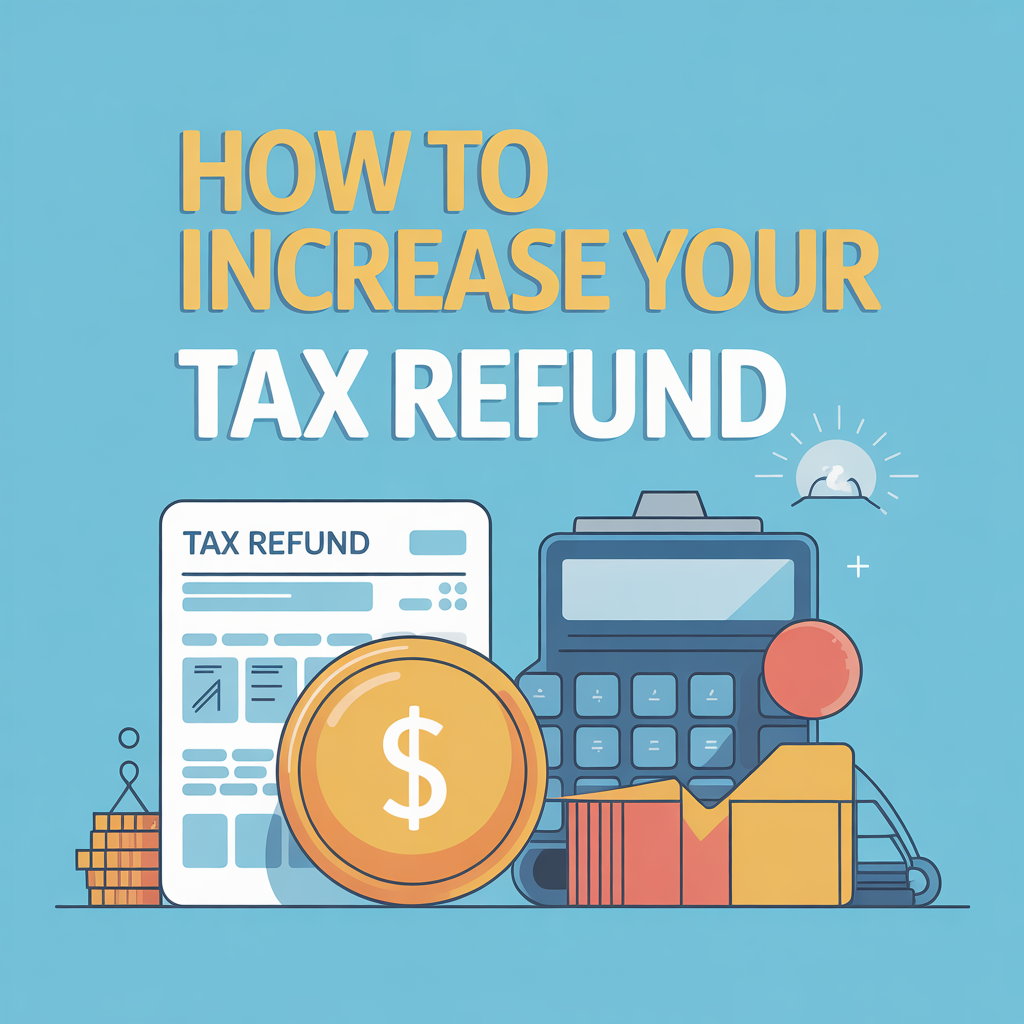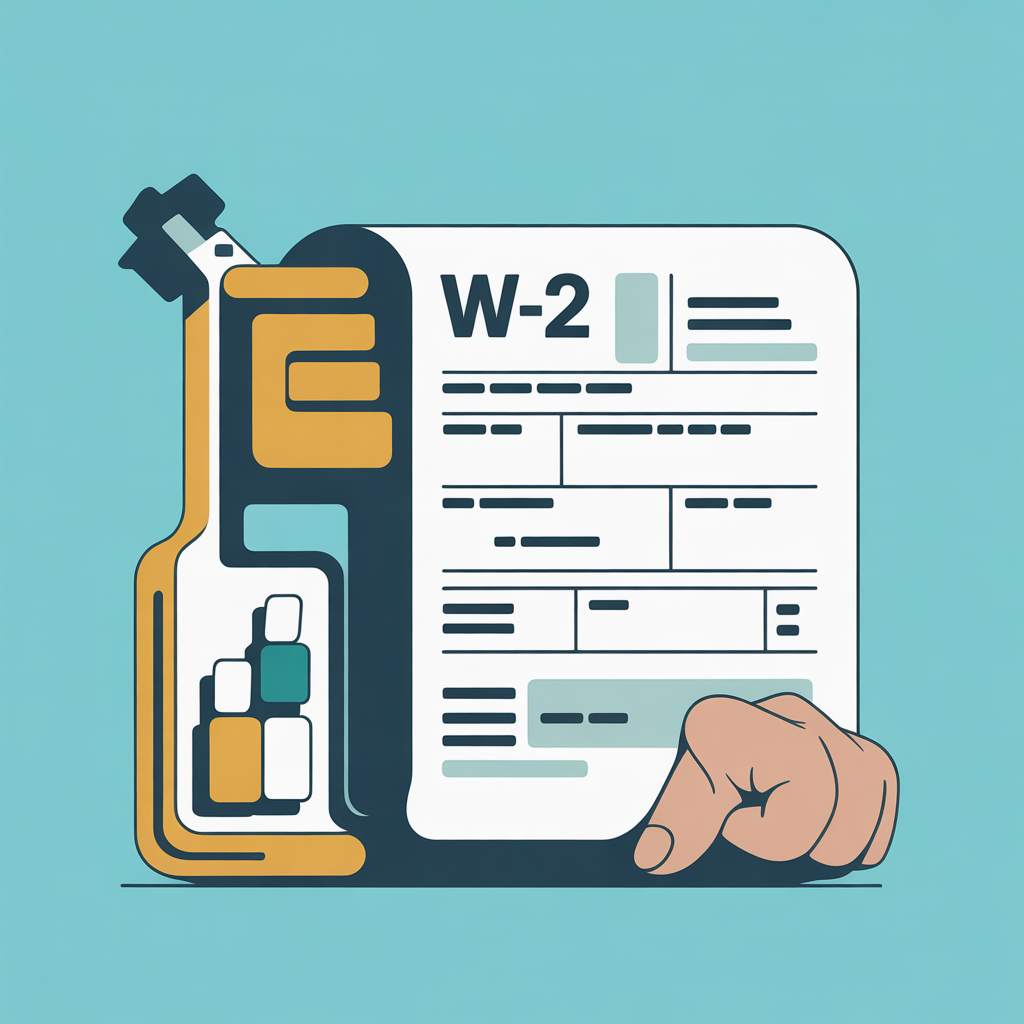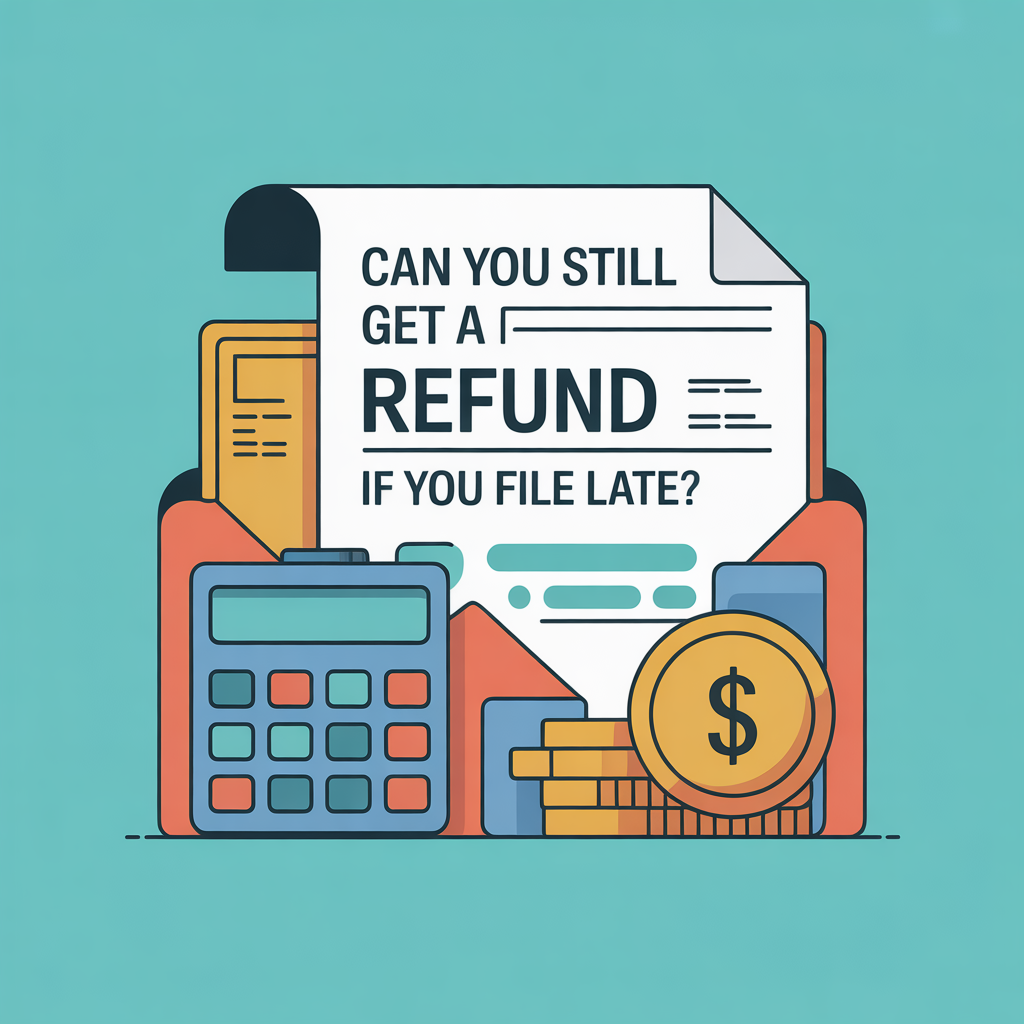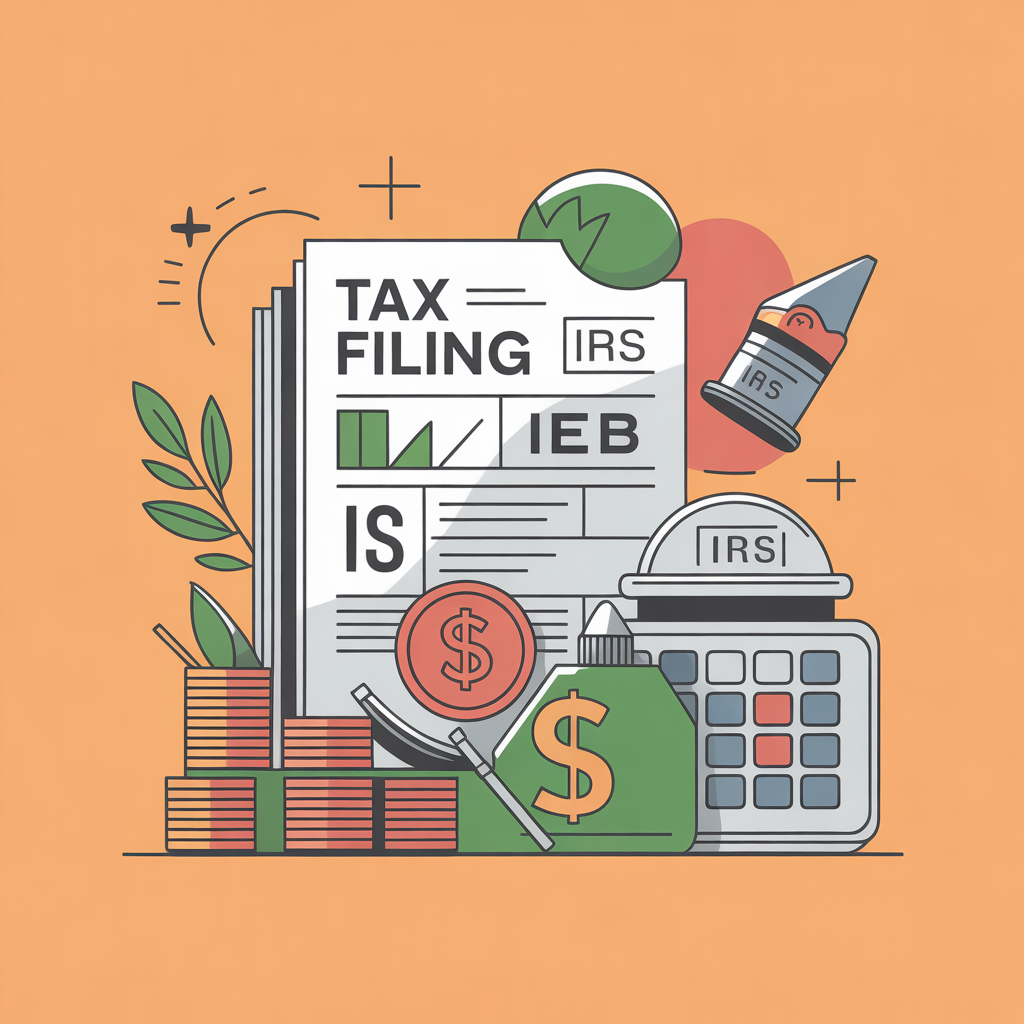Tax season can bring out a flurry of questions—not just from taxpayers, but also from individuals who want to offer help. One common question is: “Can I give tax advice without a license?” While it may seem like helping someone with their taxes is simply a good deed, the line between offering general information and providing actual tax advice is legally significant. Let’s unpack what the law says and what the risks are.
What Is Considered Tax Advice?
Tax advice is more than just sharing general information. It involves interpreting how tax laws apply to a specific person’s financial situation. Examples of tax advice include:
- Recommending how someone should file (e.g., head of household vs. single)
- Advising on deductions or credits a person should claim
- Telling someone how to reduce their tax liability based on their unique financials
These types of services go beyond sharing publicly available information or IRS guidelines—they involve personalized guidance, which can have legal and financial consequences for the recipient.
Do You Need a License to Give Tax Advice?
In Most Cases, Yes.
To legally provide tax advice in the U.S., you typically need to be one of the following:
- Certified Public Accountant (CPA)
- Enrolled Agent (EA)
- Attorney
- Registered Tax Return Preparer (limited practice rights)
These professionals are authorized to represent taxpayers before the IRS and provide tax advice. They are required to follow IRS regulations, including ethical standards, continuing education, and professional conduct.
What Happens If You Give Tax Advice Without a License?
Giving tax advice without proper credentials can lead to serious consequences:
- Legal Liability: If your advice leads to an audit, penalties, or financial loss, the taxpayer can sue you.
- IRS Penalties: The IRS may impose fines on unlicensed individuals who act as tax professionals or misrepresent their authority.
- Criminal Charges: In extreme cases, offering tax advice under false pretenses may result in charges for fraud or the unauthorized practice of law.
What Can You Do Without a License?
You can still be helpful—within limits. Here’s what’s generally allowed:
- Sharing publicly available IRS resources or forms
- Helping someone gather documents
- Referring someone to a licensed professional
- Providing general education about taxes without making personalized recommendations
Avoid giving opinions about what someone “should” do based on their personal situation unless you’re licensed to do so.
Contact us: +1 (972)-996-6644
Email us : info@theriwa.com Visit our website : https://theriwa.com/






